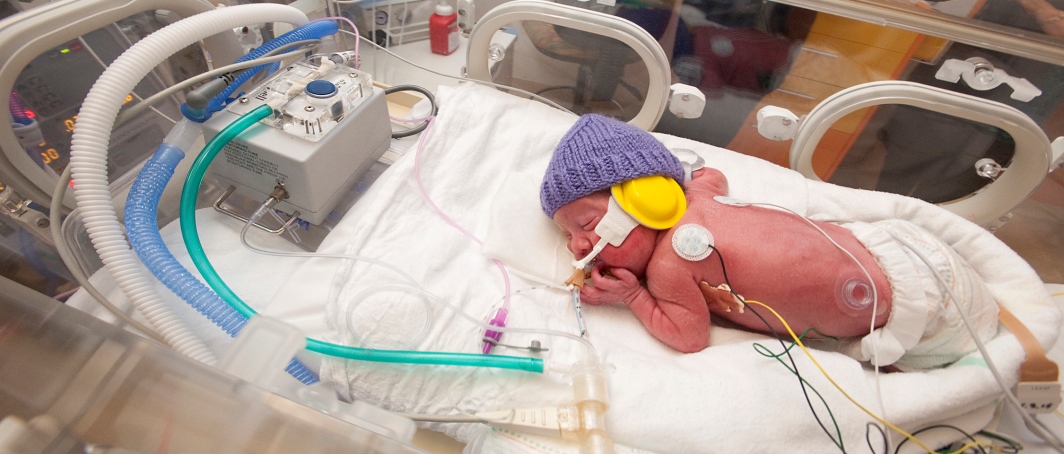Research overview
Extremely preterm infants (born between 23 to 28 weeks of gestation) usually weigh between 400 to 1000 grams. Due to this reason, they are the most vulnerable population among the paediatric age group. These infants are at risk of developing infections and a severe bowel disorder called necrotizing enterocolitis (NEC), in which a portion of the gut becomes inflamed, infected, and dies. Preterm infants with NEC are at a higher risk of death and long term disabilities and other complications.
An important mechanism that leads to infections and NEC is gut dysbiosis, a condition characterised by an imbalance between healthy and unhealthy bacteria in the gut. Many studies have shown that a daily administration of probiotics (healthy bacteria) prevents gut dysbiosis, reduces gut inflammation and the risk of NEC and infections in preterm infants.
Probiotics are used routinely in almost all neonatal intensive care units in Australia and New Zealand, including ours in Western Australia. They are also used in many other parts of the world. The dose of probiotics we currently administer to our preterm infants is 3 billion colony forming units per day. It is possible that if we give a higher dose, it might result in even better abundance of healthy bacteria in their intestines, which in turn could result in superior clinical outcomes.
By conducting this research, we aimed to ascertain whether higher doses of probiotics have the potential to reduce gut inflammation to a greater level and reduce dysbiosis, which might translate into reduced risk of infections, NEC and mortality in extremely preterm infants. Reduced risk of infections and NEC has the potential to improve their long-term outcomes.
This research has the potential to build evidence base in this area, inform clinicians regarding the optimal dose of probiotics and drive international collaborative research.
Project Outcome
75 extremely preterm neonates from Western Australia were successfully enrolled in this trial, which demonstrated that administering up to 9 billion colony-forming units of probiotics is safe, with no adverse effects observed. While clinical outcomes, including mortality and morbidity, did not differ across the three probiotic dosage groups, this was not the primary focus of the trial.
Results from laboratory analyses of stool samples also helped to determine the most effective dose.
These findings will inform the design of a larger, multicentre randomised controlled trial aimed at evaluating the clinical effectiveness of probiotics in this vulnerable population.
Once we know the most effective dose, this will potentially lead to better health and wellbeing of neonates born extremely preterm, the most vulnerable cohort in the paediatric population.
Project researchers
Dr Chandra Rath, King Edward Memorial Hospital
Partners
King Edward Memorial Hospital
Funders
Channel 7 Telethon Trust
Project timeline
2023



